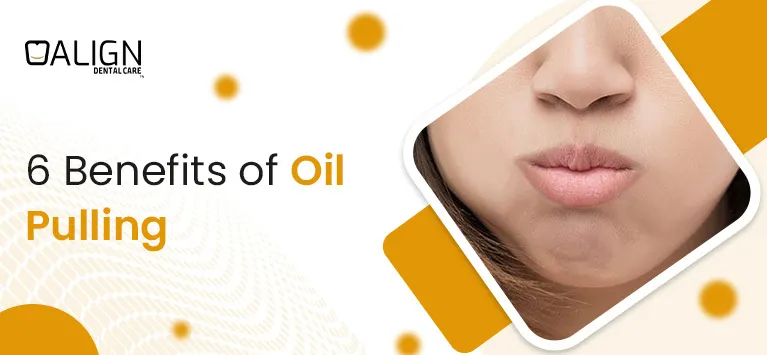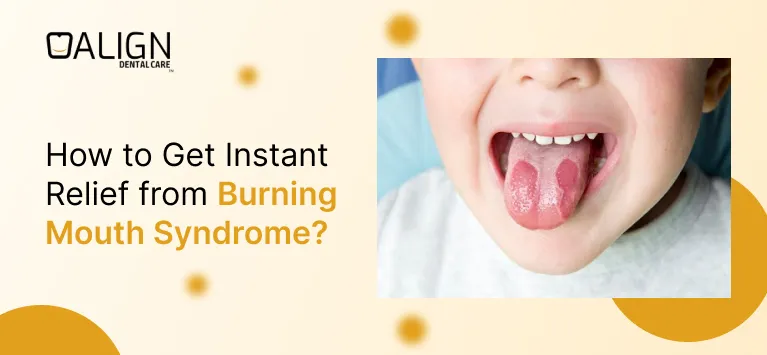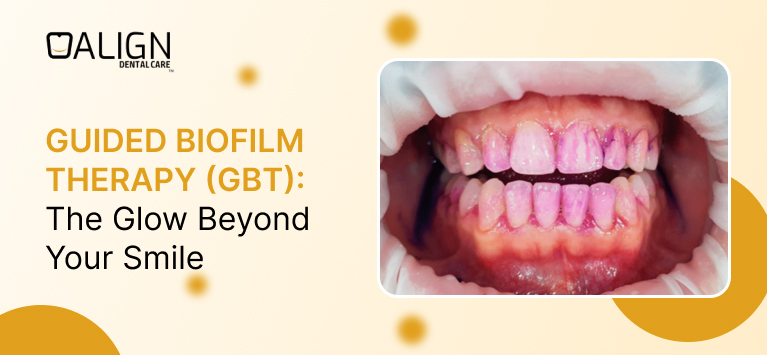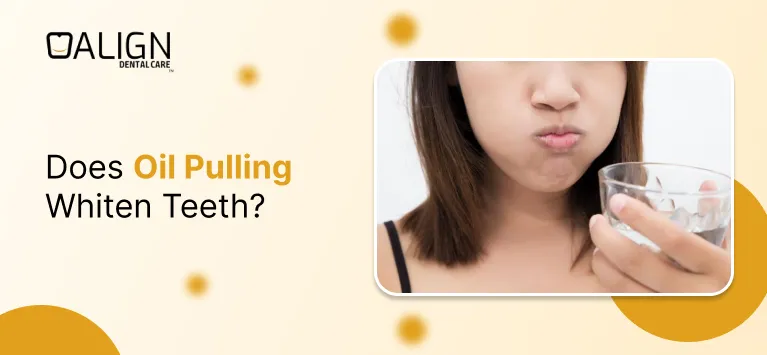
6 Benefits of Oil Pulling
An age-old Ayurvedic technique called oil pulling has grown in favor recently as a home treatment for better dental health. Spitting out the oil after swishing it about in your mouth for a few minutes is a straightforward yet efficient method. The advantages of oil pulling are numerous and backed by both personal experience and modern scientific study, even though it may sound unusual. In this blog post, we’ll explore the various advantages of oil pulling and how it can contribute to your overall well-being.
Table of Contents
Benefits of Oil Pulling
Enhances Dental Hygiene
Improving oral hygiene is one of the main advantages of oil pulling. By swishing oil around your mouth, you can get rid of food particles, plaque, and dangerous bacteria that brushing and flossing might miss. By acting as a natural cleanser, the oil lowers the chance of gum disease, cavities, and foul breath. Frequent oil pulling might result in breath that is fresher and a cleaner, healthier mouth.
Reduces Gum Bleeding and Inflammation
Bleeding and inflammation of the gums may indicate more serious periodontal disease or gingivitis. The anti-inflammatory qualities of oil pulling can help calm inflamed gums and lessen bleeding. Oil pulling can also help to maintain healthy gums and stop the advancement of gum disease by reducing the amount of bacteria in the mouth.
Natural Teeth Whitening
If you’re looking for a natural way to whiten your teeth, oil pulling might be the answer. As a result, your teeth will appear cleaner and brighter as the practice gradually helps get rid of surface stains. While it might not be as immediate as professional whitening treatments, oil pulling is a gentle and safe method to enhance the appearance of your smile.
Strengthens the Detox Process
The practice of oil pulling is thought to help the body cleanse. Millions of germs, poisons, and other dangerous microbes can be found in the mouth. By keeping these poisons out of the bloodstream and lowering the body’s total toxic load, swishing oil helps to “pull” them from the mouth. Improved oral and general health may result from this detoxifying process.
Promotes Overall Health
Overall health and dental health are related. Poor dental hygiene has been linked to conditions like respiratory infections, diabetes, and heart disease. Through oil pulling, you may be able to reduce your chance of developing these systemic diseases. Maintaining the balance of a healthy mouth is essential for a healthy body, and oil pulling can help much with that.
Simple to Use and Affordable
Oil pulling is a simple, low-cost technique that takes little time or equipment to perform. All you need is high-quality oil, such as sunflower, sesame, or coconut oil. For each session, a tiny amount of oil—usually one tablespoon—is sufficient. It is a convenient addition to your routine because you may perform the practice at home.
How to Do Oil Pulling
Choose Your Oil: Sesame and sunflower oils work just as well, but coconut oil is a favorite because of its taste and antimicrobial qualities.
Measure the Oil: Take out one tablespoon of oil.
Swish the Oil: For fifteen to twenty minutes, swish the oil about your mouth. Be sure to move it around your gums and in between your teeth.
Spit It Out: To avoid hardening and clogging pipes, pour the oil into a trash can rather than the sink.
Rinse and brush: Use warm water to rinse your mouth, then brush your teeth as usual.
Factors to Consider When Choosing an Oil
- Taste Preference: The flavor of the oil can significantly impact your willingness to continue the practice. Choose an oil with a taste you enjoy to make the routine pleasant and sustainable.
- Allergies and Sensitivities: Allergies should avoid certain oils like coconut oil.
- Nutritional Content: Some oils offer additional health benefits due to their nutritional profile. Consider oils rich in vitamins and antioxidants if you seek extra health benefits.
- Purpose of Use: Different oils may offer varied benefits. For instance, if you are looking for strong antibacterial properties, coconut oil may be the best choice. For anti-inflammatory benefits, olive oil might be preferable.
Crucial Points to Remember
Oil pulling is not a dental health solution. It’s crucial to remember the following:
- Not an alternative: Regular brushing, flossing, and in-office dental cleanings should not be substituted by oil pulling.
- Prioritizing safety: Never swallow the oil, and stop using it right away if you start to feel uncomfortable.
- Consult your dentist online: Consult your dentist about oil pulling to determine whether it’s a good option for you, particularly if you have any underlying oral health issues.
Final Thoughts
Oil pulling is a time-honored practice with a range of potential benefits for oral and overall health. By incorporating oil pulling into your daily routine, you can take a proactive approach to maintaining a healthy mouth and body.
So, why not give oil pulling a try? With its potential benefits and ease of use, it might just become your new favorite dental ritual. Remember, consult your dentist before incorporating any new practices into your routine.













